Grand Challenges and Grand Challenges Global Call-to-Action grants were announced for requests for proposals launched at the 2021 Grand Challenges Annual Meeting, to date encompassing awards for 36 principal investigators in 21 different countries.
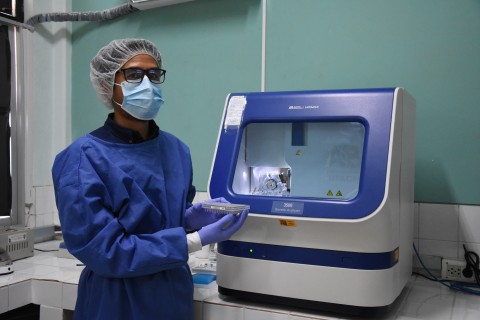
Volga Ana Iñiguez Rojas of the Fundación para el Desarrollo de la Ecología in Bolivia will use metagenomic next generation sequencing to determine the diversity of viruses circulating in wild and domestic mammals and humans in two highly contrasting regions in Bolivia: The Amazon and the Andean Highlands.
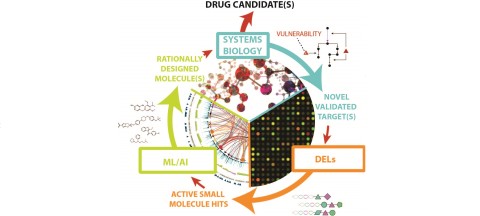
Nitin Baliga of the Institute for Systems Biology in the U.S. together with Google Applied Science will combine systems biology with machine learning and artificial intelligence to accelerate the discovery of more effective and affordable treatments for tuberculosis.
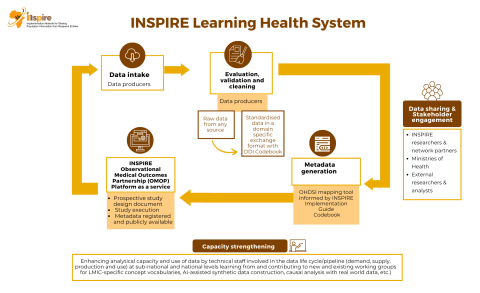
Damazo Kadengye of the African Population and Health Research Center in Kenya will establish a functional Learning Health System to promote the exploration of population health data from multiple sources to improve public health responses to infectious diseases in sub-Saharan Africa.
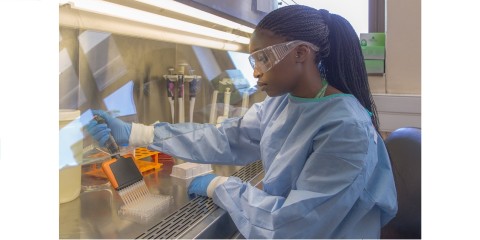
Penny Moore of the National Institute for Communicable Diseases in South Africa together with Adriana Bonomo of FIOCRUZ in Brazil will identify solutions for combating new SARS-CoV-2 variants by developing an in vitro assay to predict new variants and generating broad specificity antibodies for use as new drugs and diagnostics.
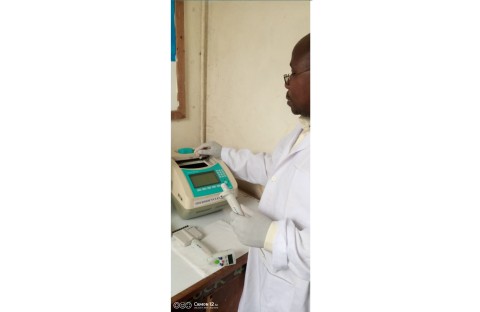
Victor Tunje Jeza of the Technical University of Mombasa in Kenya will apply metagenomic next generation sequencing to identify the etiology of febrile illness not associated with malaria, chikungunya or dengue in coastal and Western Kenya, to help design more effective interventions for prevention and treatment.
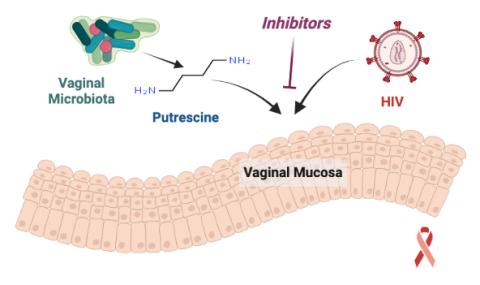
Seth Bloom of Massachusetts General Hospital in the U.S. together with Sinaye Ngcapu of the Center for the AIDS Programme of Research (CAPRISA) in South Africa will investigate how bacterial vaginosis (BV) and non-Lactobacillus-dominated vaginal microbiota elevate the risk of contracting HIV-1 to help develop preventative therapies.
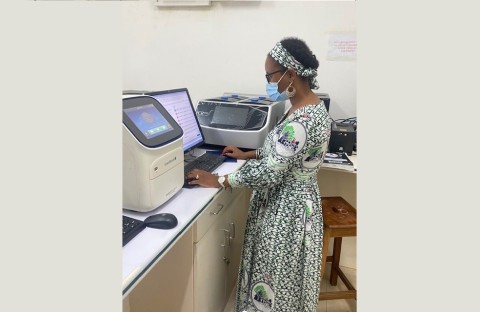
Kanny Diallo of the Centre Suisse de Recherches Scientifiques en Côte d'Ivoire will use metagenomic sequencing to investigate the etiological diversity of meningitis in Mali, Guinea, and Côte d’Ivoire, three countries in the so-called African meningitis belt, to improve diagnosis and public health responses.
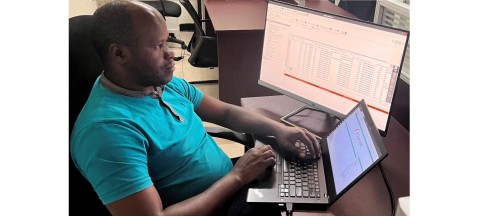
Vincent Cubaka of Partners In Health in the U.S. will build robust data governance structures to enable the utilization of electronic medical records from multiple countries for research purposes to improve health.
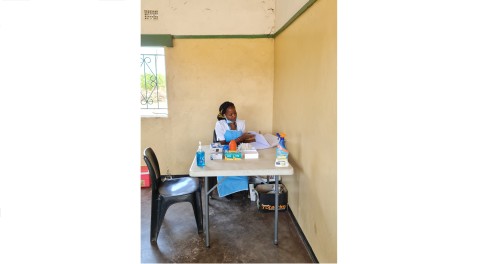
Jennifer Fitzpatrick of Zambart in Zambia will design and implement a one-step multiplex whole genome sequencing platform for the diagnosis of female genital schistosomiasis (FGS), sexually transmitted infections (STIs) and vaginal microbiome analysis in Zambia.